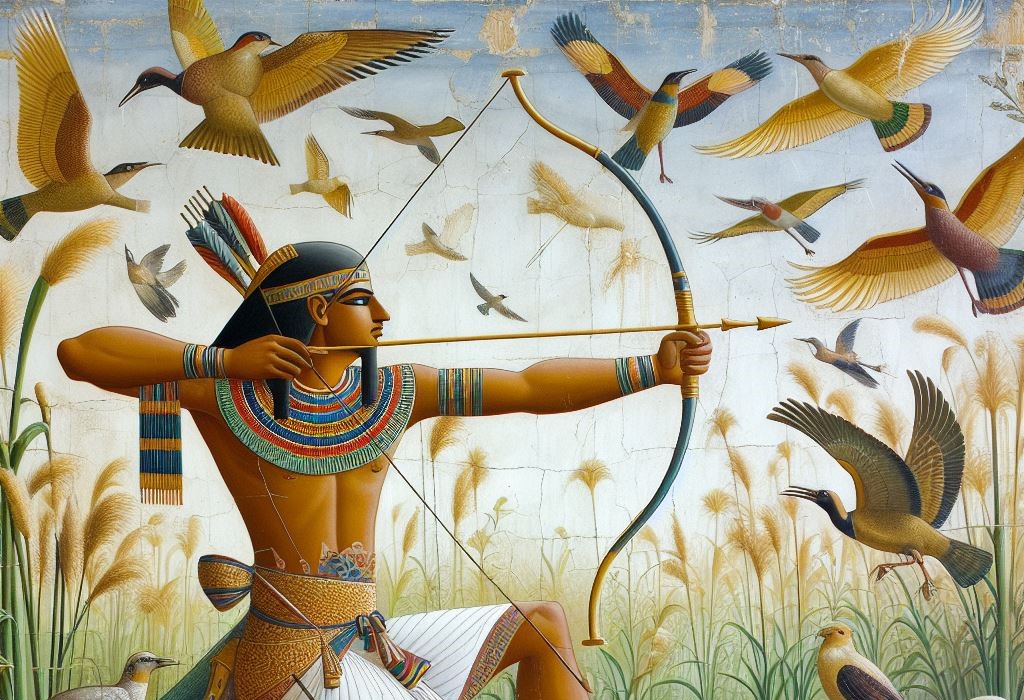Digital Egyptology is an emerging field that applies digital technologies and computational methods to the study of Egyptology. It combines traditional Egyptology (the study of ancient Egypt’s language, history, art, and archaeology) with digital tools and techniques to enhance research, preservation, and public engagement.
Key aspects of digital Egyptology include:
- 3D scanning and modeling: Using laser scanners and photogrammetry to create high-resolution 3D models of artifacts, monuments, and archaeological sites for study and virtual preservation.
- Digital imaging: Employing high-resolution photography, multispectral imaging, and X-ray technology to reveal hidden details in texts, painted surfaces, human remains and artifacts.
- Data analysis: Applying machine learning and AI to analyze large datasets (‘smart’ rather than ‘big’ data) and visualizing data using graphs.
- Virtual reconstruction: Using 3D modeling to recreate ancient Egyptian buildings and landscapes as they might have appeared in the past.
- Digital preservation: Creating digital facsimiles of papyri, inscriptions and artifacts to ensure their long-term survival.
- Online databases: Building comprehensive, searchable digital repositories of Egyptian texts, art, and archaeological data for global access.
- GIS mapping: Using Geographic Information Systems to map archaeological sites and analyze spatial relationships.
- Virtual and augmented reality: Developing immersive experiences that allow people to “visit” tombs, temples, and other sites virtually in museums or at home.
- Digital epigraphy: Using digital tools to record, analyze, and reconstruct damaged or faded hieroglyphic and hieratic texts and inscriptions.
- Public outreach: Creating interactive websites, apps, and games to educate the public about ancient Egyptian culture.
Digital Egyptology is all about making ancient Egypt more accessible, both for researchers and the public. It enables new types of analysis that were previously impossible, while aiding in the conservation of knowledge. It is a multidisciplinary field, involving Egyptologists, archaeologists, surveyors, computer scientists and digital artists.
On this website I collect projects, publications and tutorials in the field of digital Egyptology, to showcase innovative scholarship and help those interested in the field on their way.
Do you have a project or publication that I can link to? Contact me at info@nickyvandebeek.com
